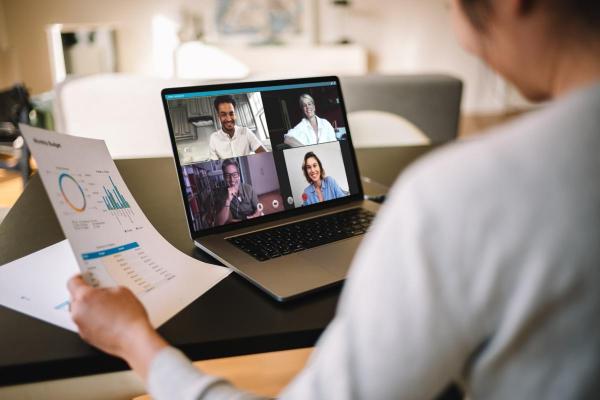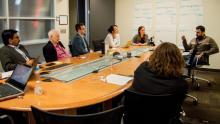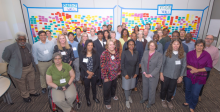
FACULTY, RESEARCH, & DEVELOPMENT OVERVIEW
The South Hub has a strong focus on impact for faculty and on the advancement of research and development across the region. The South Hub provides direct support to large and small-scale applied projects, academia-industry collaborations, and seed grant proposals.
IMPACT
- $7+ Million in faculty lead projects
- $135,000+ in early career faculty fellowships for travel and salary support to engage with industry partners
- Over $ 100,000 in faculty training in data science for faculty at primarily teaching institutions, minority-led or -serving institutions, community colleges, and four-year liberal arts colleges







